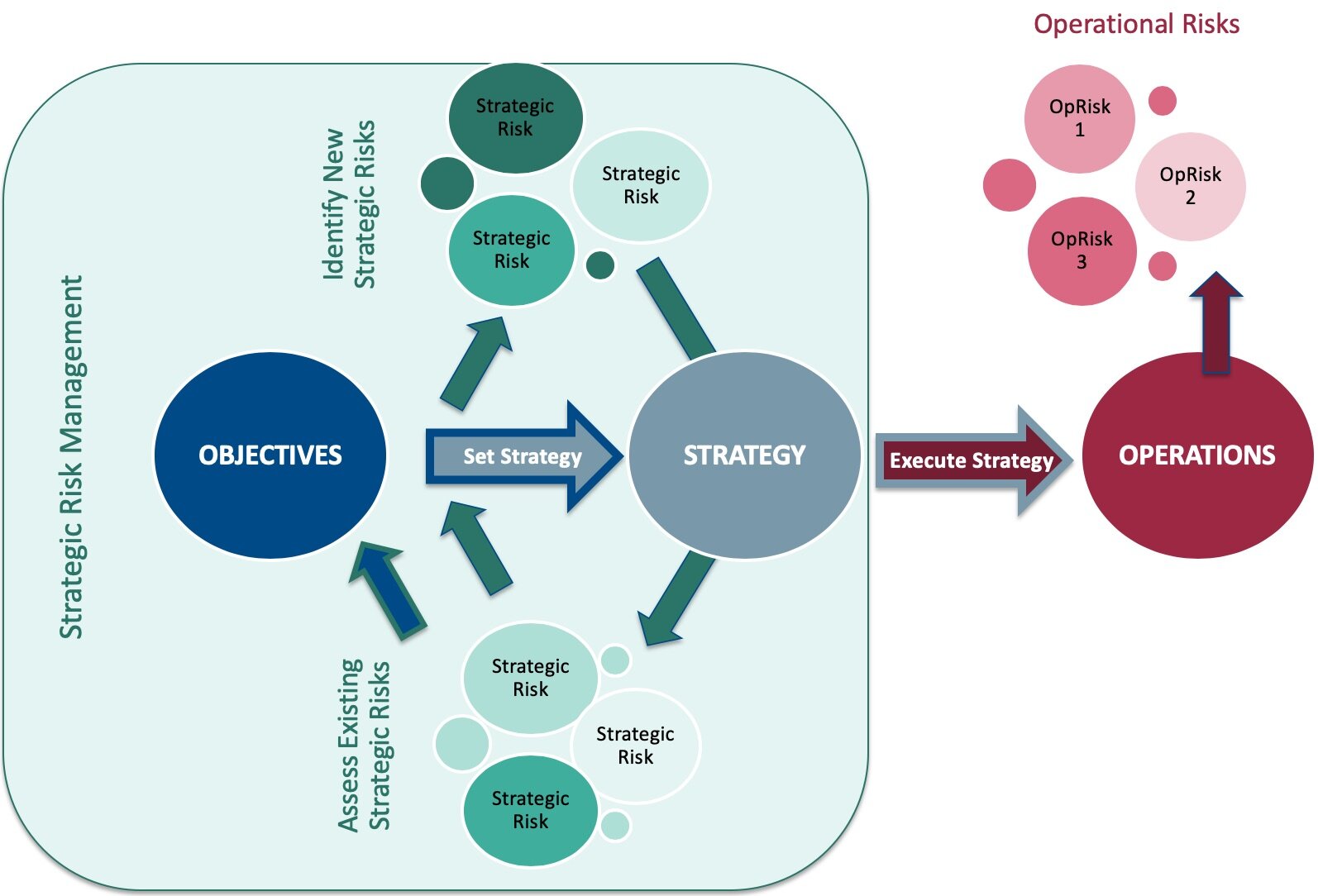Wealth Management: Tips from Financial Experts
Wealth management is a comprehensive approach to managing an individual's financial resources, ensuring long-term stability, growth, and security. It involves various strategies and practices tailored to meet specific financial goals.  In this article, we delve into expert advice on wealth management, providing valuable tips that can help you make informed decisions and optimize your financial future.
In this article, we delve into expert advice on wealth management, providing valuable tips that can help you make informed decisions and optimize your financial future.
From investment strategies to risk management, these insights are designed to guide you towards achieving and maintaining financial well-being.
Diversifying Your Investment Portfolio
Understanding Diversification
Diversification is a fundamental principle of investing that involves spreading investments across different asset classes to reduce risk. Financial experts emphasize the importance of not putting all your eggs in one basket.
By diversifying your portfolio, you can mitigate the impact of poor performance in any single investment.
Asset Allocation Strategies
Asset allocation is the process of deciding how to distribute your investments among different asset categories, such as stocks, bonds, real estate, and cash.
A well-balanced portfolio typically includes a mix of these assets, tailored to your risk tolerance, investment horizon, and financial goals.
Experts recommend periodically reviewing and rebalancing your portfolio to maintain the desired allocation and respond to market changes.
Global Diversification
In addition to diversifying across asset classes, consider global diversification. Investing in international markets can provide exposure to growth opportunities outside your home country and further reduce risk.
Keep in mind that global investments come with their own set of risks, such as currency fluctuations and political instability, so it's essential to conduct thorough research or consult with a financial advisor.
Strategic Risk Management

Assessing Risk Tolerance
Understanding your risk tolerance is crucial in wealth management. Risk tolerance refers to your ability and willingness to endure market volatility and potential losses.
Financial experts suggest evaluating your risk tolerance through self-assessment questionnaires or discussions with a financial advisor. Your risk tolerance will influence your investment choices and overall financial strategy.
Implementing Risk Mitigation Techniques
Risk mitigation involves implementing strategies to minimize potential losses. This can include diversification, as previously mentioned, as well as using insurance products to protect against unforeseen events.
Life, health, and property insurance are essential components of a comprehensive risk management plan. Additionally, consider using stop-loss orders and hedging strategies to limit investment losses.
Emergency Fund Creation
Building an emergency fund is a critical aspect of risk management. Experts recommend setting aside three to six months' worth of living expenses in a liquid and easily accessible account.
This fund acts as a financial safety net, providing peace of mind and protecting your investments during unexpected financial setbacks.
Tax Efficiency and Planning
Understanding Tax Implications
Taxes can significantly impact your investment returns and overall financial health. Understanding the tax implications of your investments is essential for effective wealth management.
Different investments are subject to varying tax treatments, so it's important to be aware of capital gains taxes, dividend taxes, and tax-deferred accounts.
Utilizing Tax-Advantaged Accounts
Maximize the use of tax-advantaged accounts, such as 401(k)s, IRAs, and HSAs. Contributions to these accounts often offer tax benefits, such as tax deductions, tax-deferred growth, or tax-free withdrawals for qualified expenses.
Financial experts advise taking full advantage of employer-sponsored retirement plans and individual retirement accounts to enhance your long-term savings.
Tax-Loss Harvesting
Tax-loss harvesting is a strategy used to offset capital gains by selling investments that have experienced a loss.
By realizing these losses, you can reduce your taxable income and improve your overall tax efficiency.
This strategy requires careful planning and timing, so consult with a tax professional or financial advisor to execute it effectively.
Estate Planning and Wealth Transfer
Creating a Comprehensive Estate Plan
Estate planning involves preparing for the transfer of your assets after death. A comprehensive estate plan ensures that your wealth is distributed according to your wishes and can help minimize estate taxes and legal complications.
Key components of an estate plan include a will, power of attorney, healthcare directive, and trusts.
Understanding Trusts
Trusts are powerful estate planning tools that can provide control, privacy, and tax benefits. There are various types of trusts, such as revocable living trusts, irrevocable trusts, and charitable trusts.
Each type serves different purposes and can be tailored to meet your specific needs. Financial experts recommend working with an estate planning attorney to establish the appropriate trusts for your situation.
Gifting Strategies
Strategic gifting can be an effective way to reduce your taxable estate and provide financial support to your loved ones. The IRS allows annual tax-free gifts up to a certain amount per recipient, which can be a valuable tool in wealth transfer planning. Additionally, consider establishing education funds, such as 529 plans, to support the educational expenses of your beneficiaries.
Conclusion
Wealth management is a multifaceted discipline that requires careful planning, informed decision-making, and continuous evaluation. By diversifying your investment portfolio, managing risks strategically, optimizing tax efficiency, and planning for the future, you can achieve financial stability and growth. The insights provided by financial experts in this article offer a roadmap to effective wealth management, empowering you to take control of your financial destiny.
References
- Investopedia: Diversification
- Forbes: Asset Allocation
- Fidelity: Risk Management
- The Balance: Emergency Funds







































